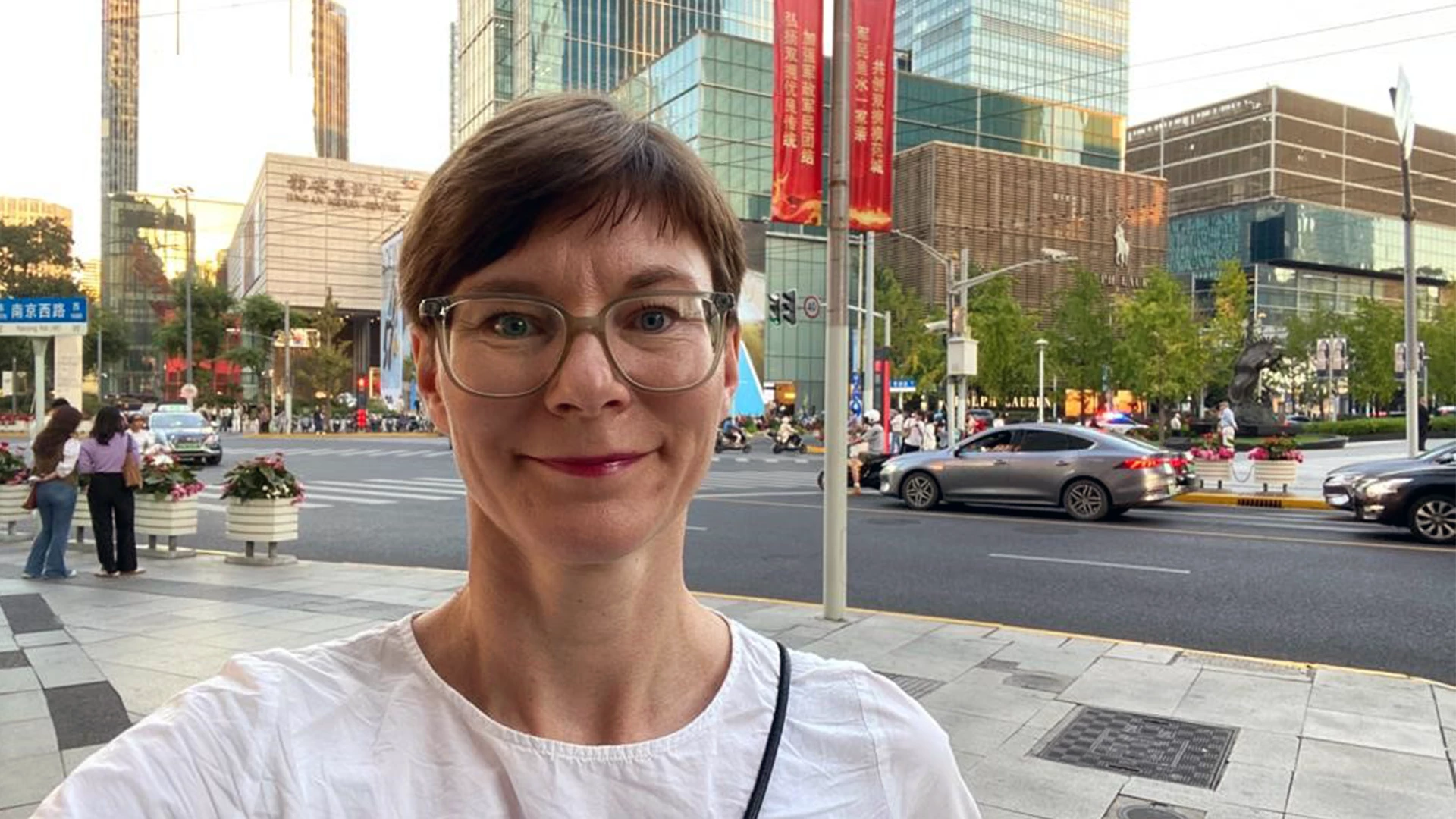In addition to being Nordea’s chief economist in Finland, Tuuli Koivu is also one of the region’s leading experts on China. Since 2003, she travelled regularly to China, up until the COVID-19 pandemic sent much of the country into lockdown. She recently had the opportunity to return to the country to meet with local experts and inform her view on China’s economic outlook.
After meetings with close to 20 economists, political analysts and business leaders, including at two seminars held by the Nordic Chambers of Commerce in Beijing and Shanghai, Tuuli found that many things have changed since her last visit in November 2019.
What was your general impression after being away for four years?
“The general atmosphere seemed more controlled. I encountered many guards when walking around Beijing. I think I had my passport scanned close to 30 or 40 times in just a week. Many Chinese, especially those who’ve spent time abroad, have started to discuss that atmosphere.”
Housing sector in focus
What are the hot topics the locals are discussing right now in China?
“The housing sector is one of the hottest topics. Housing prices vary a great deal within the large cities. As people typically have most of their savings invested in the housing sector, they follow these developments carefully. Overall, people also talk a lot about the political environment inside China, with the Communist Party playing a larger role in the economy. Geopolitical worries are also on the top of people’s minds.”
Political leaders in China appear to be pivoting away from investing in real estate towards investing in manufacturing. What do you think of this approach?
“I think they tackle the right problem there. China was channelling too much of its resources into the housing sector. There were too many apartments compared to demand, and that created a pile of debt that was too high. That growth model wasn’t sustainable long-term. China needs to direct resources to the sectors that will genuinely improve China’s productivity, solve environmental problems and make China less dependent on foreign technology. So I think it’s necessary to rely less on housing and construction investments in the future, even if that means the short-term outlook is weaker than many expected.”
Did your experience on the ground in China change your view on the outlook for the Chinese economy?
“My previous trips to China, going back to 2003, have usually made me more optimistic, as people there have been very positive and full of energy. This time, the tone of discussions was much more pessimistic. We’ve recently seen more stimulus measures from Beijing, which have brightened the short-term economic outlook and raised growth forecasts for China. But the discussions during my trip confirmed my view that both consumers and private companies are now quite worried about the future and much more pessimistic than they used to be.”
What do you think is driving this change?
“In the past, the local level of confidence in China’s economy was extremely high. People were convinced the robust growth would continue. With the pandemic, people saw that downturns could also take place in China, and downside risks came into the picture. So even if recent political measures imply that China’s growth will continue to be strong in 2024, compared to for example the Euro area, the long-term view contains a lot of uncertainty. Leaders are trying to solve the structural challenges in the Chinese economy, such as the high debt level and demographic challenges, but they’re doing so by introducing more Party control and regulation rather than increasing the role of the market mechanism in the country. That increases uncertainty among Chinese people and Chinese businesses.”



